
What small scale systems are related to larger scale systems? In language and culture? In science?


How to take the most simple of all drawings…the doodle, and turn it into something more.
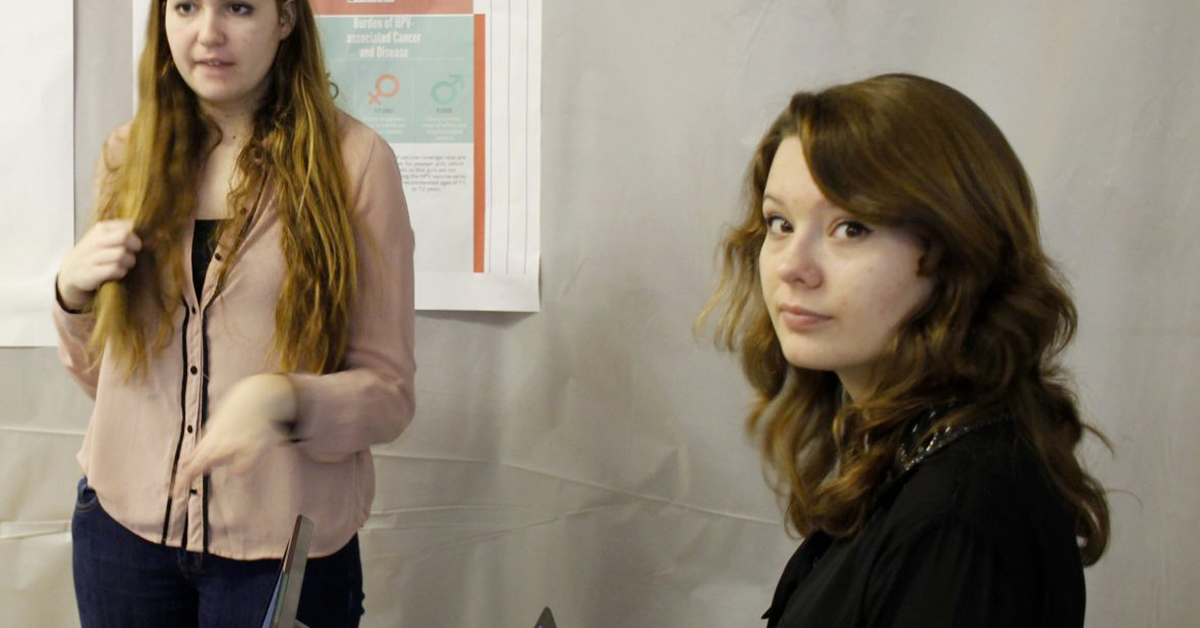
In Ebola: Going Viral, our objective is to pose solutions to the Ebola outbreak in the United States by studying other infectious diseases.

Students created an illustrated book that accessibly explained different economic concepts.
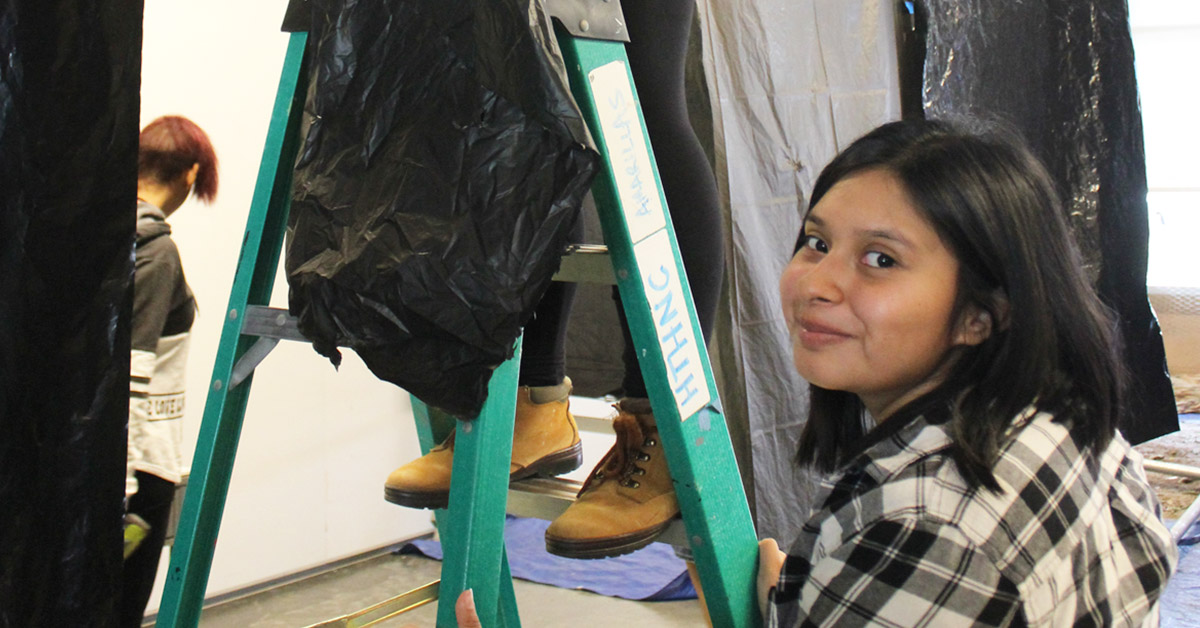
In Free Your Mind: The Ultimate Escape Room, students designed escape rooms that would challenge participants’ implicit bias by incorporating content related to attitudes about age, race, gender, sexuality, and mental health in each escape room puzzle.
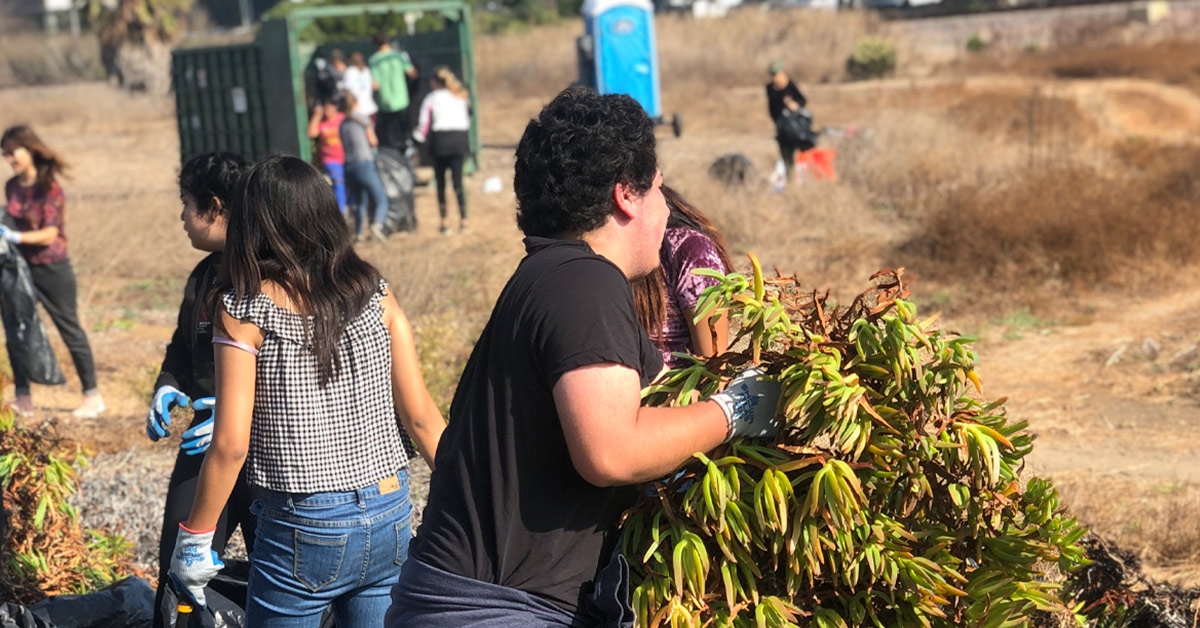
What are Earth’s biggest biological issues and how do they affect our local community?
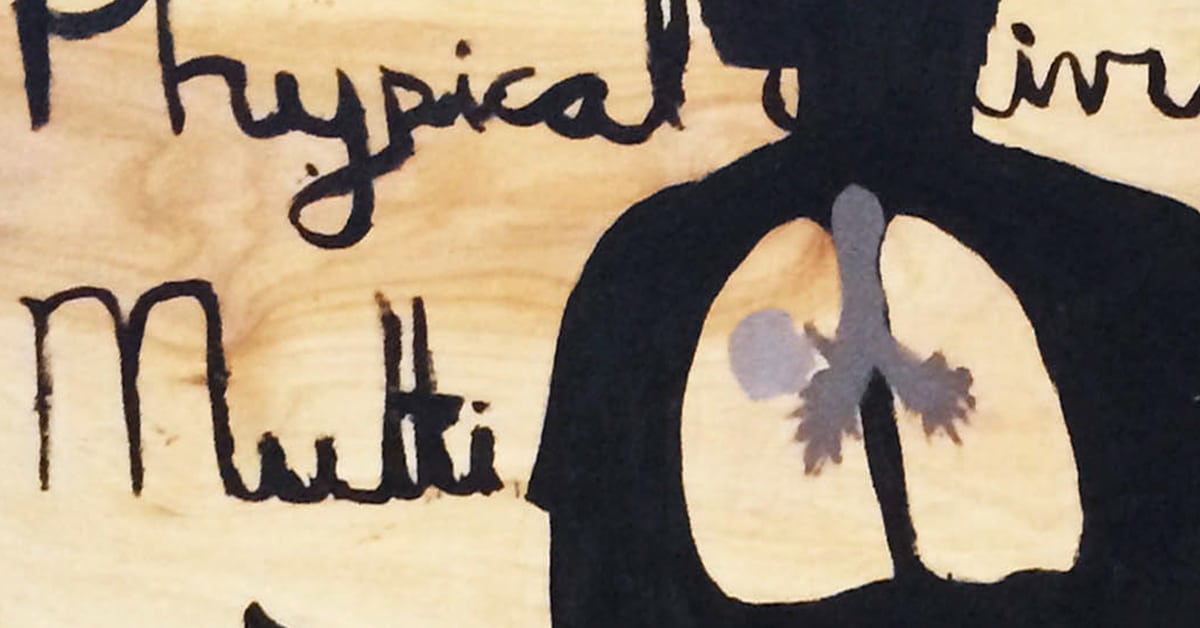
Through interviews with family members, scientists, and medical professionals, students homed in answers to the question, “What am I most likely to die of?”
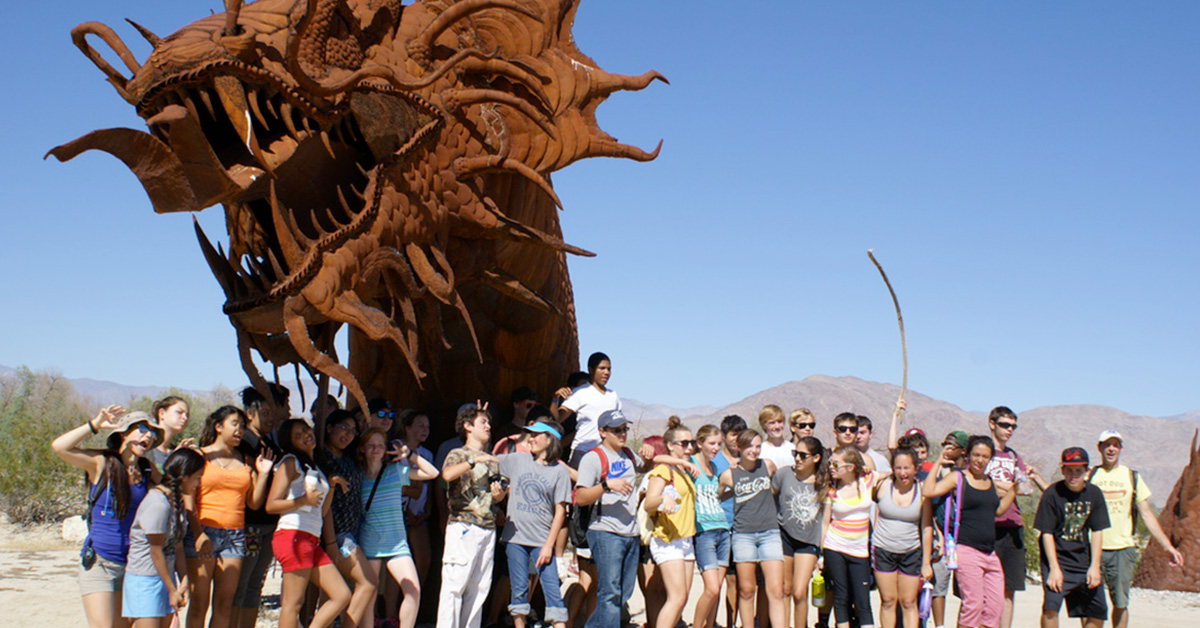
What does it mean to be a “survivor”? Why should we care about and respect the environment and each other?

How does our perspective change our perception of reality?
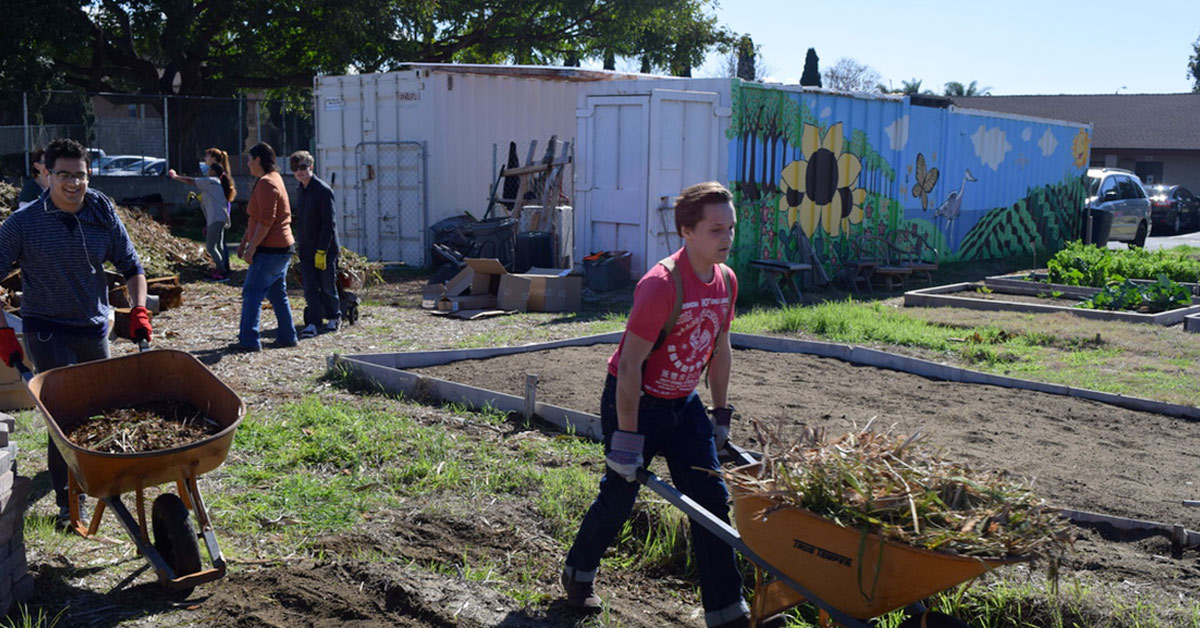
Eleventh graders at HTHNC partnered with nonprofit organizations to support various causes in our local community.
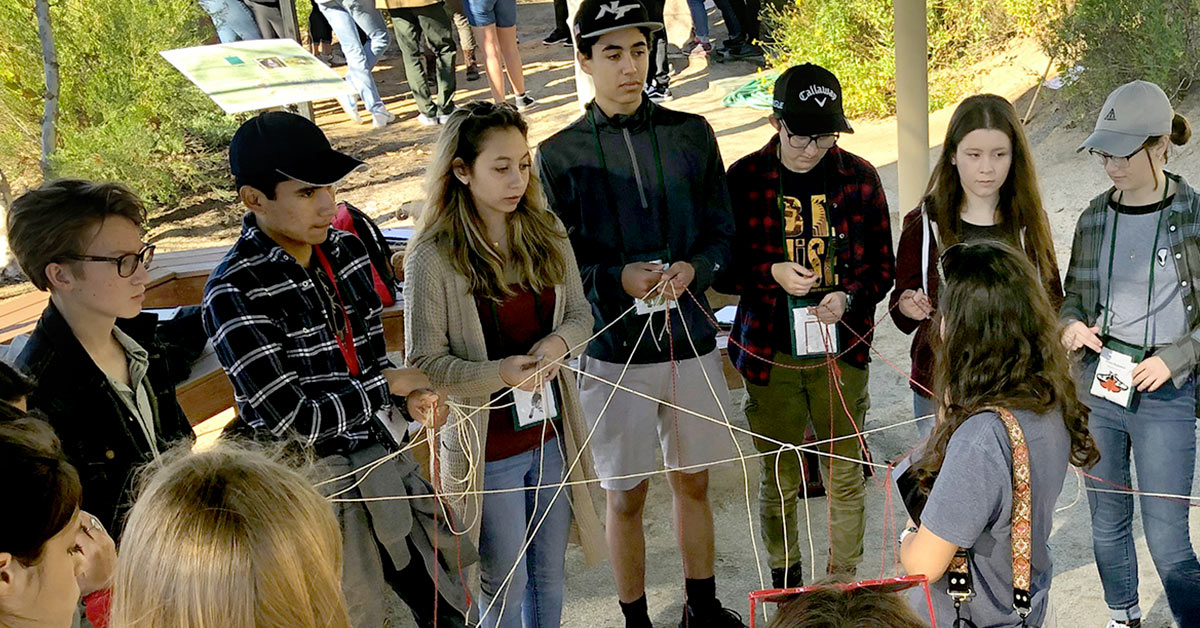
Uur students became familiar with stories of a number of creatures in crisis, thinking about the best ways inform the public and motivate action.
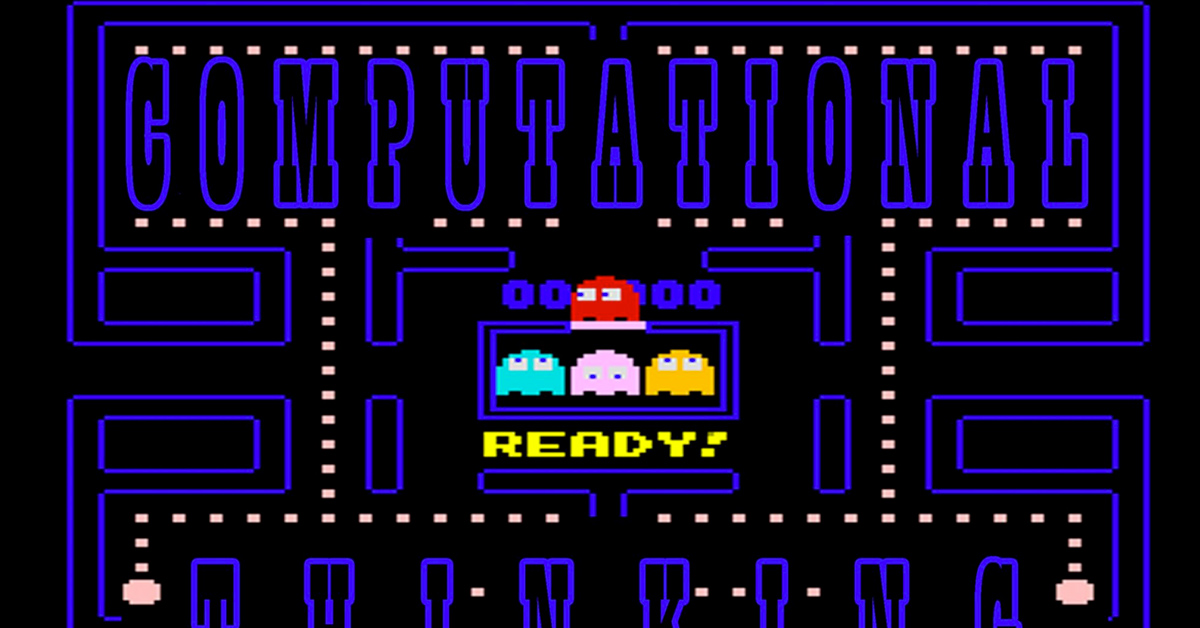
How can the programming of a large, complex piece of software be managed?
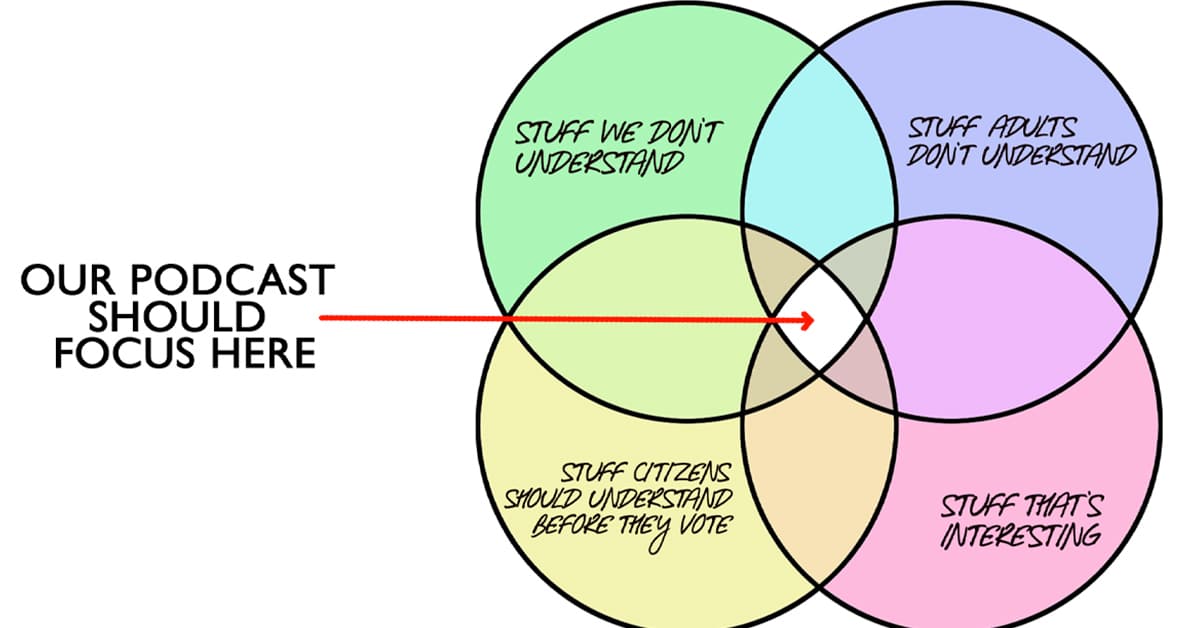
Tenth grade students created podcasts related to California state ballot propositions.
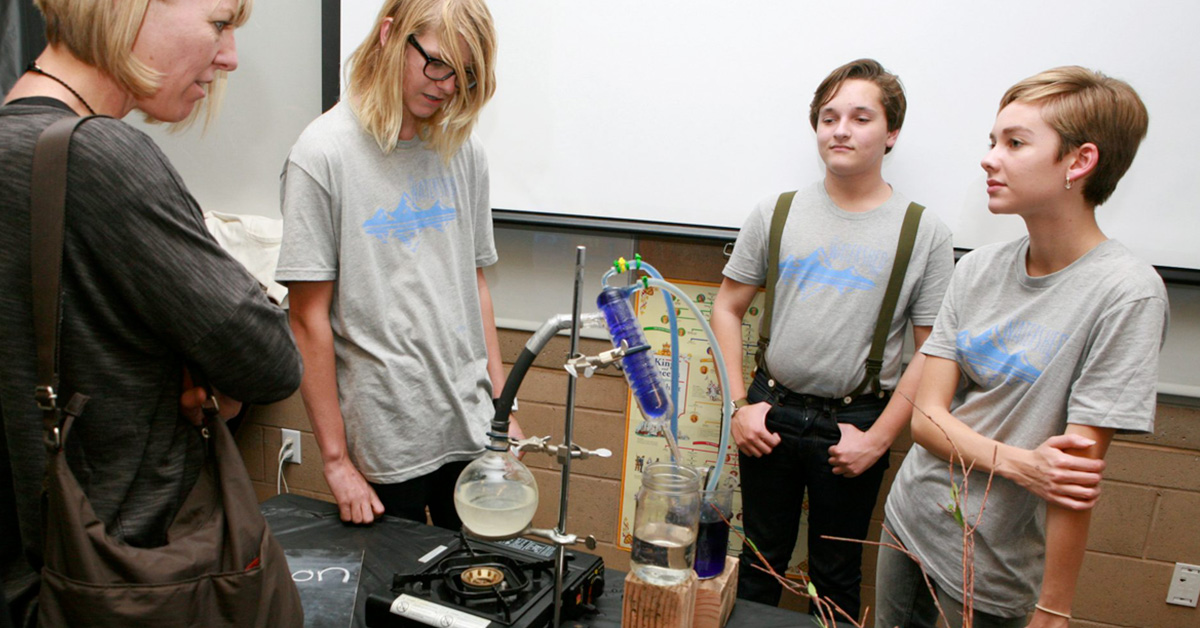
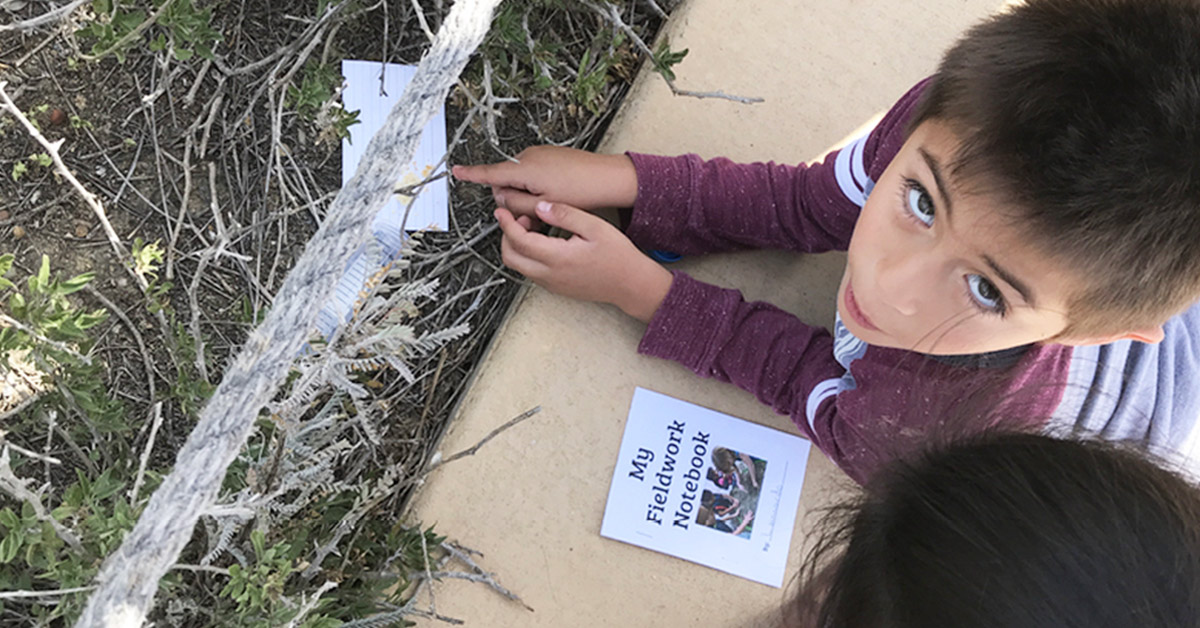
Students in kinder, third grade, sixth grade, and high school collaborated with university researchers to learn about ants in their urban and natural environments.

Students ran a political campaign simulation and conducted extensive interviews with people from the community about societal issues so students could learn about these topics both on a macro-level and through personal experiences.
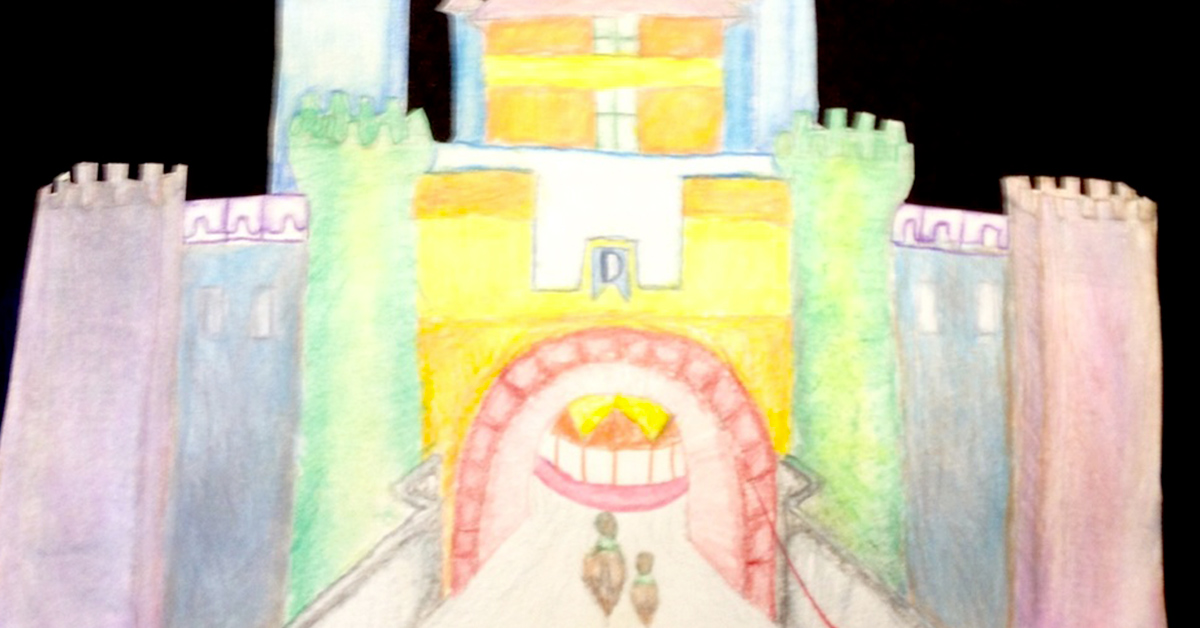
9th grade students had the opportunity to explore themselves through a variety of artistic exercises.

Students created an illustrated book that accessibly explained different economic concepts.

What are Earth’s biggest biological issues and how do they affect our local community?
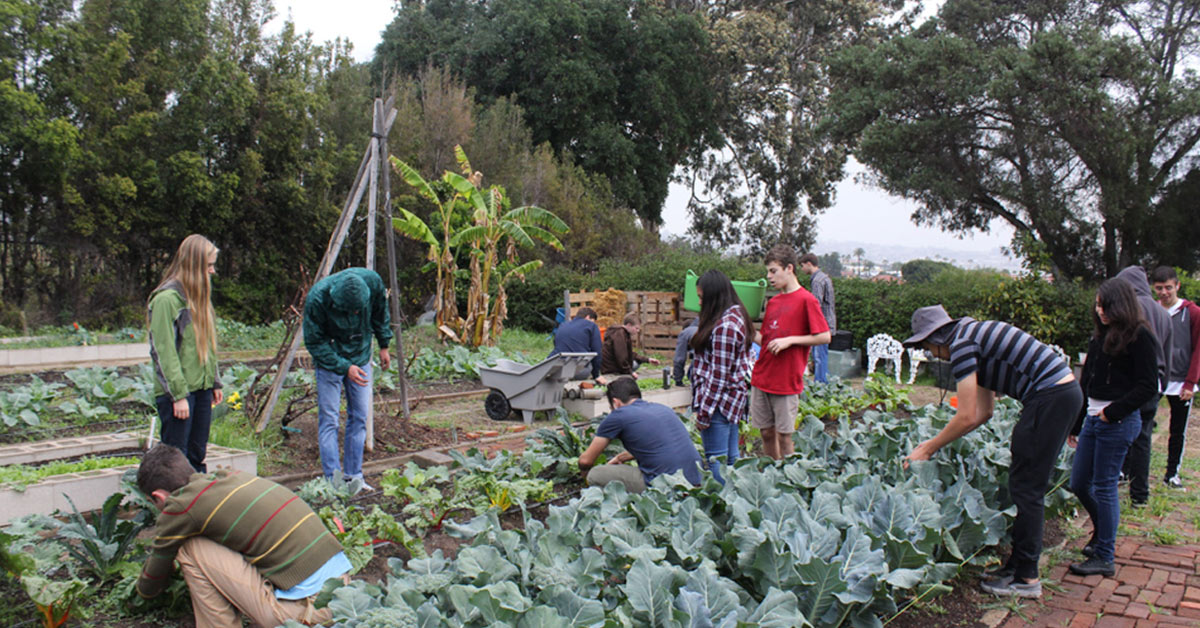
Twelfth grade Environmental Science students discovered that growing food is not as easy as it first may seem.
High Tech High Chula Vista

What small scale systems are related to larger scale systems? In language and culture? In science?

How to take the most simple of all drawings…the doodle, and turn it into something more.

9th grade students had the opportunity to explore themselves through a variety of artistic exercises.



In Free Your Mind: The Ultimate Escape Room, students designed escape rooms that would challenge participants’ implicit bias by incorporating content related to attitudes about age, race, gender, sexuality, and mental health in each escape room puzzle.

Eleventh graders at HTHNC partnered with nonprofit organizations to support various causes in our local community.

Through interviews with family members, scientists, and medical professionals, students homed in answers to the question, “What am I most likely to die of?”

Tenth grade students created podcasts related to California state ballot propositions.

Uur students became familiar with stories of a number of creatures in crisis, thinking about the best ways inform the public and motivate action.

Students in kinder, third grade, sixth grade, and high school collaborated with university researchers to learn about ants in their urban and natural environments.

How does our perspective change our perception of reality?

How can the programming of a large, complex piece of software be managed?

In Ebola: Going Viral, our objective is to pose solutions to the Ebola outbreak in the United States by studying other infectious diseases.

Students ran a political campaign simulation and conducted extensive interviews with people from the community about societal issues so students could learn about these topics both on a macro-level and through personal experiences.

What does it mean to be a “survivor”? Why should we care about and respect the environment and each other?